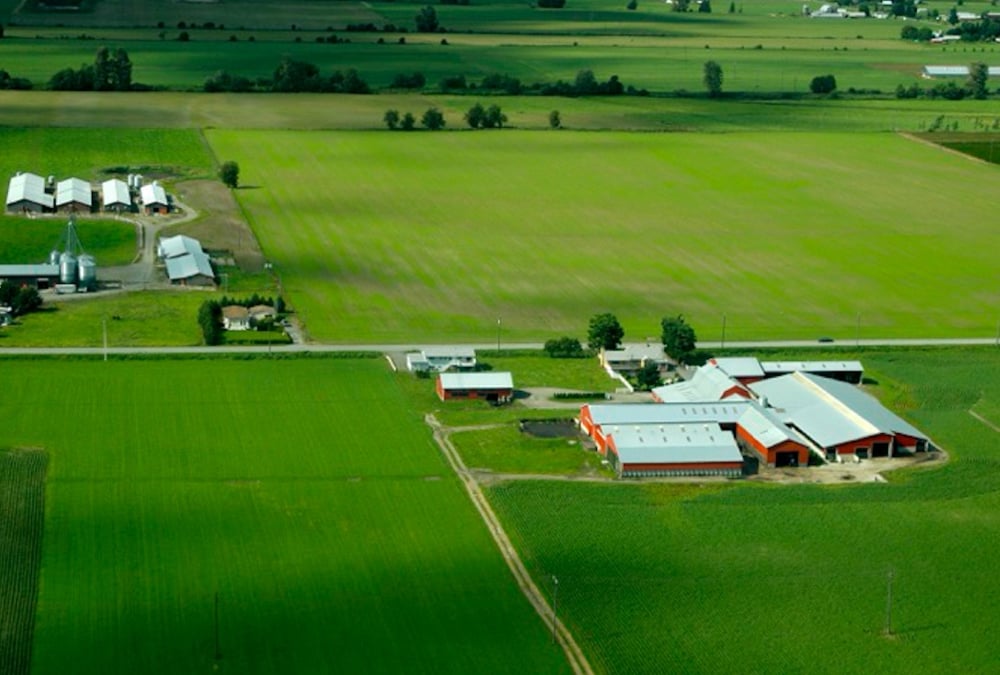How land expropriation happens | Farmtario

The land expropriation case in Wilmot township, Waterloo Region, continues to develop. While the exact purpose of the expropriation remains murky, the question for many is whether the Region of Waterloo’s actions are in fact, legal.
Read Also


Opinion: A new fight on the artificial intelligence front
At the recent Farm and Food Care Ontario annual meeting in Elora, the focus of afternoon presenters was on artificial…
Jonathan Minnes, an expropriation, planning and municipal lawyer and partner with Kitchener-based firm Gowling WLG, says there have been cases where land has been expropriated for private development.
Why it matters: Land expropriation is legal when the authority driving the expropriation is deemed to be acting in the public interest.
A good example is a case pertaining to Oxford County expropriating land for the purpose of transferring it to Toyota for the establishment of a new plant.
According to Section 106 of the Municipal Act, “a municipality shall not assist directly or indirectly any manufacturing business or other industrial or commercial enterprise through the granting of bonuses for that purpose.”
But in the Oxford-Toyota case, the courts deemed the development a unique and significant opportunity for the wider community. Because the expropriated lands were sold to Toyota for the same price paid by the region too, the development was not shouldered by local taxpayers, and no additional profits from the transaction were made by the region or Toyota.
“As you can imagine, a Toyota plant is going to have economic development that’s really significant, especially for a smaller community … The rationale was there was a broader economic goal. That’s an example of where they’ve done it before,” says Minnes.
Another example involved the area at the intersection of Young and Dundas streets in Toronto, which now boasts a lively public commercial square. In this case, an area of general disrepair was identified as one in need of improvement, and slated for a revitalization scheme. The local authorities expropriated the land before handing it over to private interests for the purpose of economic revitalization. This was deemed appropriate for the purpose of community improvement.
Minnes says the existence of such cases “doesn’t mean a court of tribunals would see these examples as the same” as what’s unfolding in Wilmot.
Indeed, whether the Wilmot expropriation is actually necessary is the key question.
Whether an expropriation is needed can be tested at an inquiry hearing under the Expropriations Act.
This inquiry asks whether the expropriation action is “fair sound and reasonably necessary” for the purpose of achieving the objectives of the authority seeking to acquire the land. Both the province’s Expropriation Act and Planning Act cite this requirement.
Even if an inquiry does proceed, the authority conducting the expropriation is often also its own approval authority. The authority is thus under no real obligation to halt the expropriation process, so long as it takes the inquiry report into consideration.
“You are basically guaranteed a process, not an outcome. You’re not guaranteed an action based on the inquiry report,” says Minnes. He adds most expropriation cases are found to be in the public interest, in part because most expropriation occurs for the development of roads and other such public infrastructure.
The timeline on which property owners are required to act — that is, decide to sell amicably or force a formal expropriation — also varies, often based on the needs identified in the project destined for the land in question. This includes, for example, the amount of time required for constructing a new industrial facility.
Fundamentally, if a sale is not agreed, expropriation can happen at any time.
Regarding compensation — the subject which Minnes says Ontario’s Expropriation Act focuses on most — the amount of money given to property owners will vary based on the parcel’s highest and best use, including “reasonably probable” development potential. A farm considered prime land for housing development, for example, will fetch a higher level of compensation than a farm which has little prospect for housing development.
Critically, Minnes reiterates property values are determined by what that property’s prospects are at the time of expropriation, not what happens after the effective date of valuation. Compensation is based on what is reasonably probable at the effective date, not what may be possible.
“People feel better, for good reason, when there is a willing seller and a willing buyer,” says Minnes.
“Forcibly taking someone’s land and giving it to someone else can naturally lead to suspicions around whether (the initial owner) will be receiving the value realized by the party receiving the lands.”
“People naturally have a negative reaction to having their property rights taken, and if they suspect they’re not getting treated fairly.”
Source: Farmtario.com

